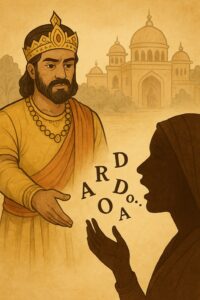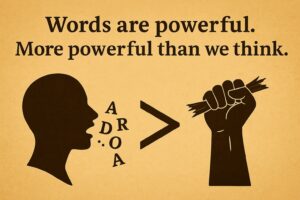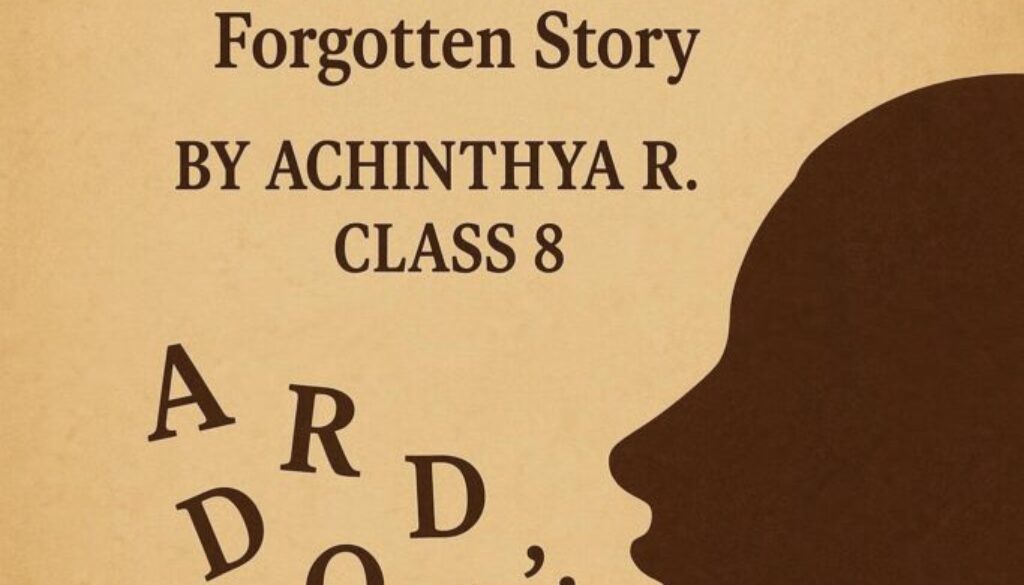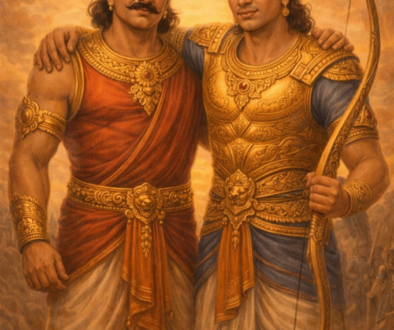The Power of Words: A Lesson from a Forgotten Story

We often speak without thinking. A joke, a comment, a tiny whisper can fly out of our mouths without a second thought. But have you ever wondered what happens when those words carry doubt, lies, or blame?
I came across a story that changed the way I see speech and silence. It’s about a noble king named Surya Verma—a ruler so kind that even animals felt safe in his kingdom. One day, a tragic accident led to the death of many visitors. A snake’s venom accidentally fell into food. No one was truly to blame—not the king, not the eagle that caught the snake, and not even the snake itself.
But someone was punished. Not for poisoning food—but for poisoning people’s minds.
A woman in the kingdom spread the false rumour that the king had done it on purpose. Her words spread fear, anger, and mistrust. When the gods themselves discussed who should be held accountable, it was not the eagle or the cooks—but the woman who spoke without truth.

This story, though ancient in setting, teaches a timeless truth: Words are powerful. More powerful than we think.
In today’s world, we have WhatsApp groups, Instagram comments, and casual conversations where unverified opinions are shared like wildfire. A small false story can ruin someone’s image. A single sentence can break friendships. Sometimes, even silence is better than speech without wisdom.
We need to ask ourselves:
* Am I speaking with kindness?
* Do I truly know what I’m saying is true?
* Will my words help or hurt?
Being a responsible person today doesn’t just mean doing the right thing—it also means speaking the right words, or choosing silence when in doubt.
So the next time you feel like saying something about someone, take a breath. Think twice. Because while sticks and stones may break bones, words can break trust—and sometimes, even destinies.






